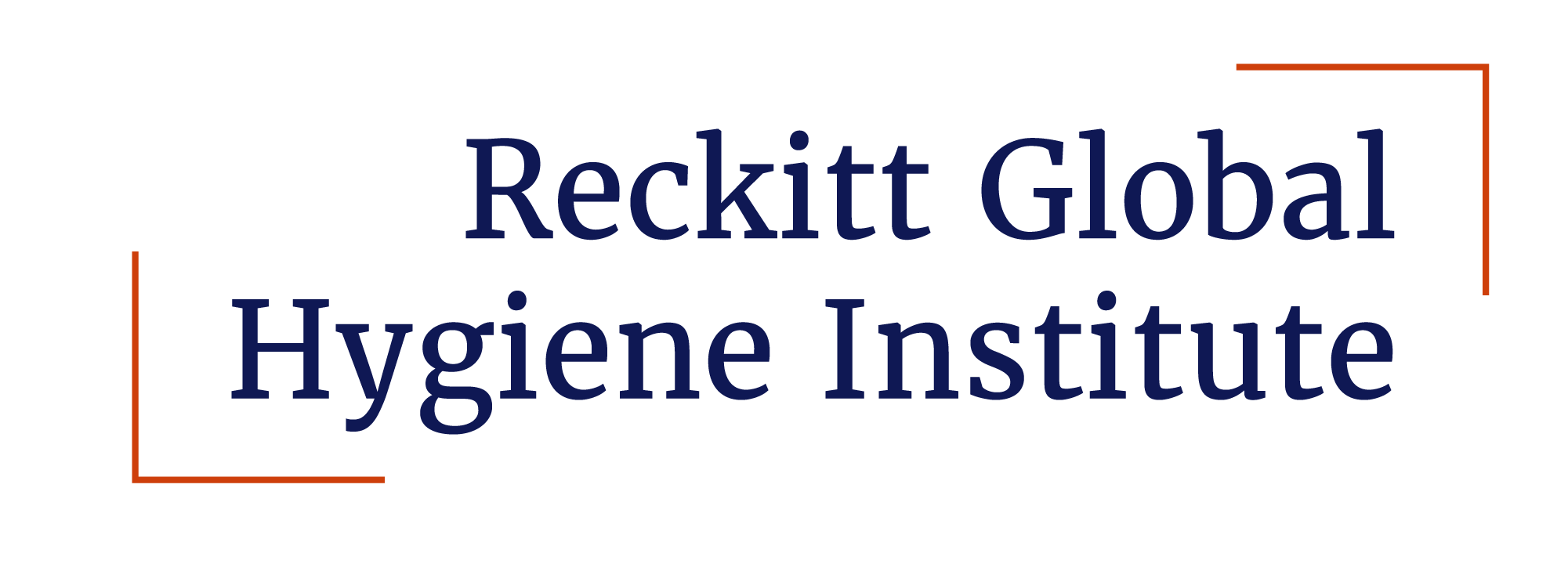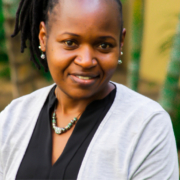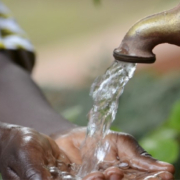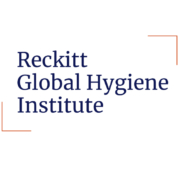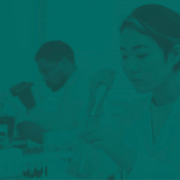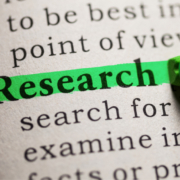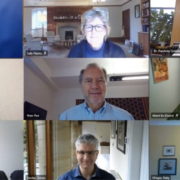Case study: Dr. Sheillah Simiyu
Hygiene is so basic yet so difficult for people to practise and we don’t know why, says Dr. Sheillah Simiyu, Associate Research Scientist at the African Population & Health Research Centre in Kenya.
Simiyu, who has dedicated her career to water, sanitation and hygiene, is one of five researchers selected to be the first recipients of the Reckitt fellowship. This three year program aims to support the next generation of evidence at the intersection of health and hygiene and is run by the Reckitt Global Hygiene Institute.
Simiyu grew up fascinated by the lack of water in the informal settlements next door to her home in Kenya and, as a result, has spent many years focussed on a lack of WASH among low-income populations. She plans to use the fellowship to generate knowledge of how and why people within such communities wash or don’t wash their hands while designing appropriate hand hygiene facilities that can be managed by community members, and assessing their effectiveness in increasing handwashing practices.
“It’s a simple thing, it’s a message that’s been there yet it is so difficult for people to do. I hope we’ll move from that notion of why it is so difficult,” she said, adding that her team will look at community-led approaches as a means of impacting hand washing behaviours.
Here, she details her research plans, how it will link to overall health and her hopes beyond the fellowship.
What will your research for the next three years focus on?
As part of the Reckitt fellowship, I want to work with communities to not only set up hand washing, but also to manage and ensure it’s sustained over time. I want to understand handwashing patterns, practices and determinants in low-income areas in Kenya.
Based on previous experience, I have learned that if communities can come together, they can devise a way to ensure that shared facilities are well-maintained… We will try, together with the communities, to design hand washing facilities…I will try to evaluate how that influences handwashing practices within these areas… Eventually, we will try to understand if that model leads to an improvement in handwashing practices, hand hygiene and overall improved health outcomes.
Historically, has this been an under-researched area?
Handwashing in itself has not been under-researched but there are certain components that are still not well-understood. We get data that certain percentages of people have handwashing facilities in their homes, but we don’t get data about what percentages of people in low-income areas have handwashing facilities in their homes… If they share [facilities], we have very little data on how communities that live together can mobilise themselves to improve on their handwashing practices and that’s where I come in.
What impact do you hope the research will have?
I hope to understand how communities can work together to improve their own handwashing practices, irrespective of whether there is an external person. That’s why I’m hoping to initiate a process that will be co-owned by the community. We have already started the movement through COVID-19. Hopefully that messaging will continue so that handwashing is not so difficult to do.
In the long-run, [I want] to see an improvement in health outcomes. I don’t think we need to have mothers losing children because of simple hygiene practices. Outcomes like that, in the long-run hopefully, is what we will aim to get. Of course that may not happen within the three years of the grant but hopefully it will be an effect of the study.
What does getting the fellowship mean to you?
It means the opportunity to do this work and to interact with people. It means the opportunity to learn and unlearn; to learn what is known and unlearn what I thought I knew. It means understanding from the real community angle what the challenges and outcomes are. It’s going to be really participatory. That part of it means interacting not only with the community but policymakers, influencers, decision-makers and other partners.
The fellowship also gives an opportunity for growth; growth in knowledge, career and other skilled development that I hope to do. It is an all rounded opportunity. I’m looking forward to the “me” after three years.
